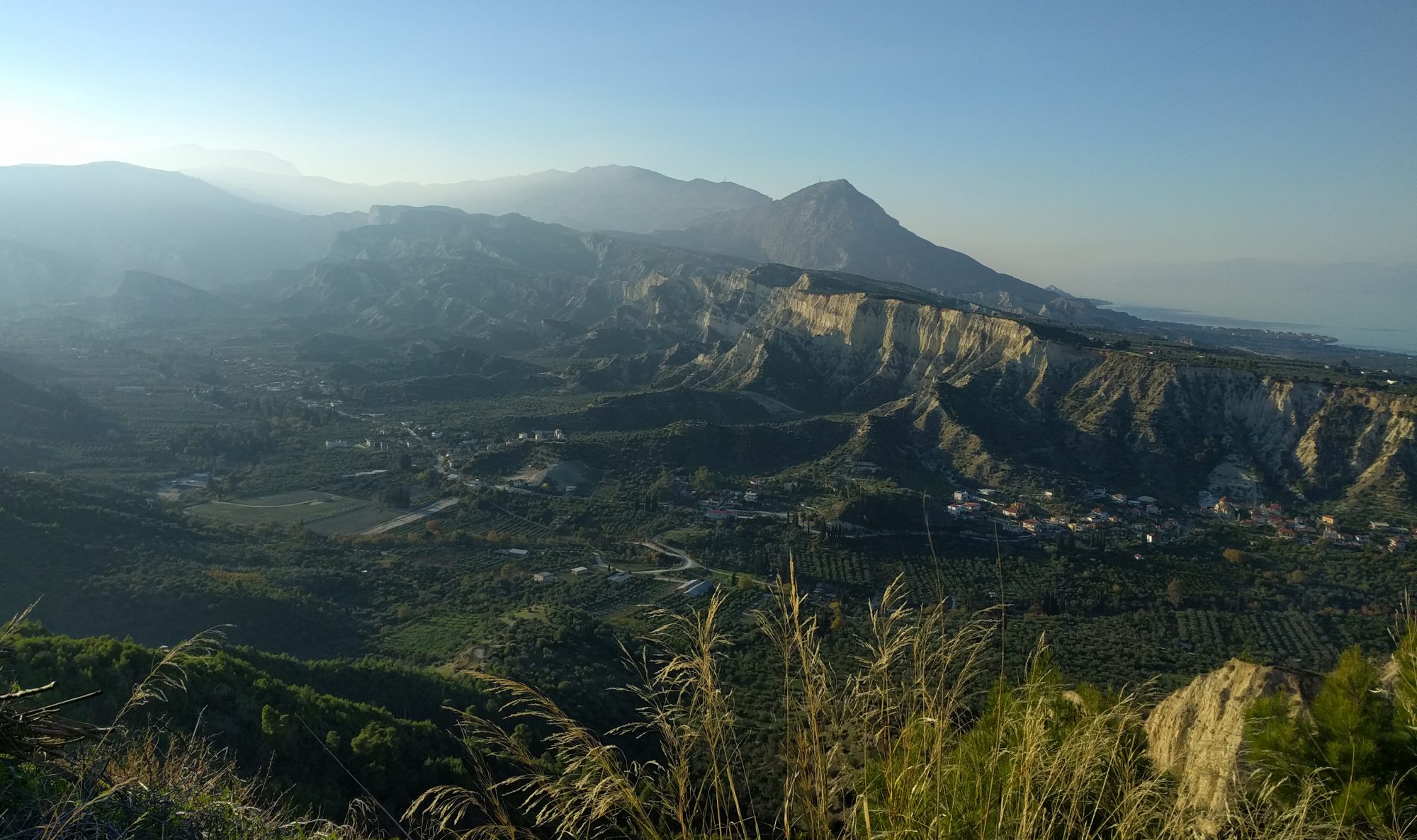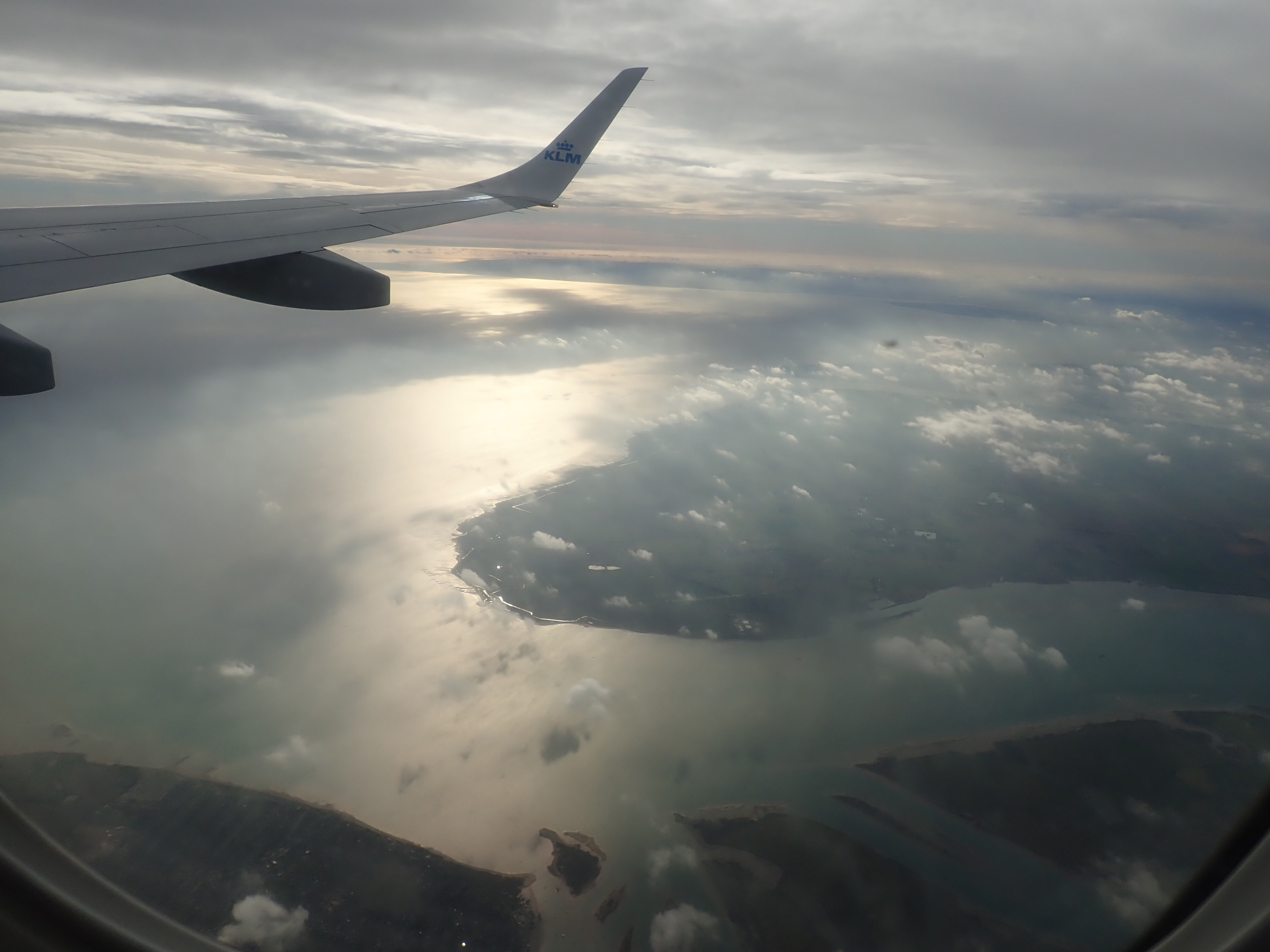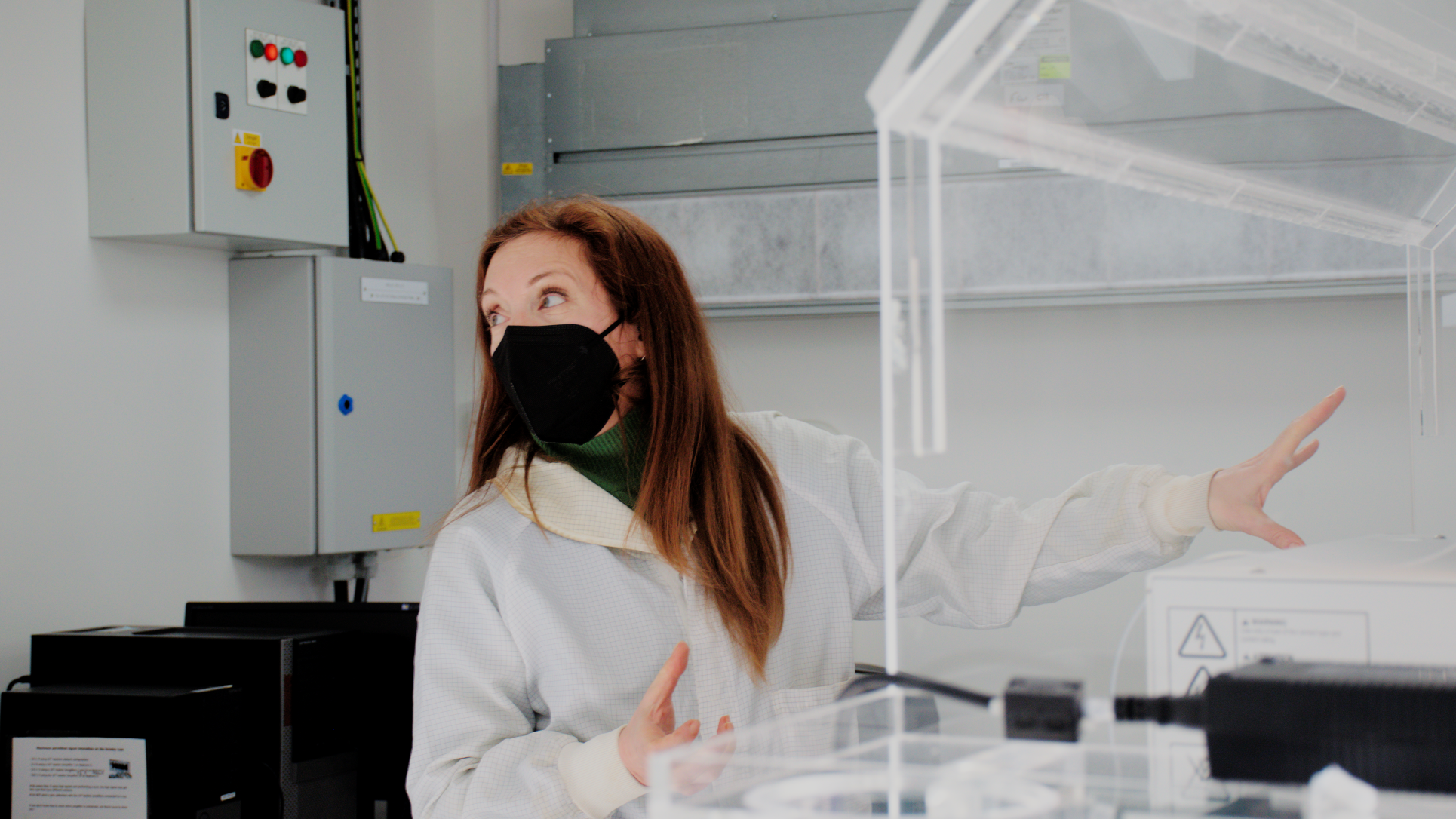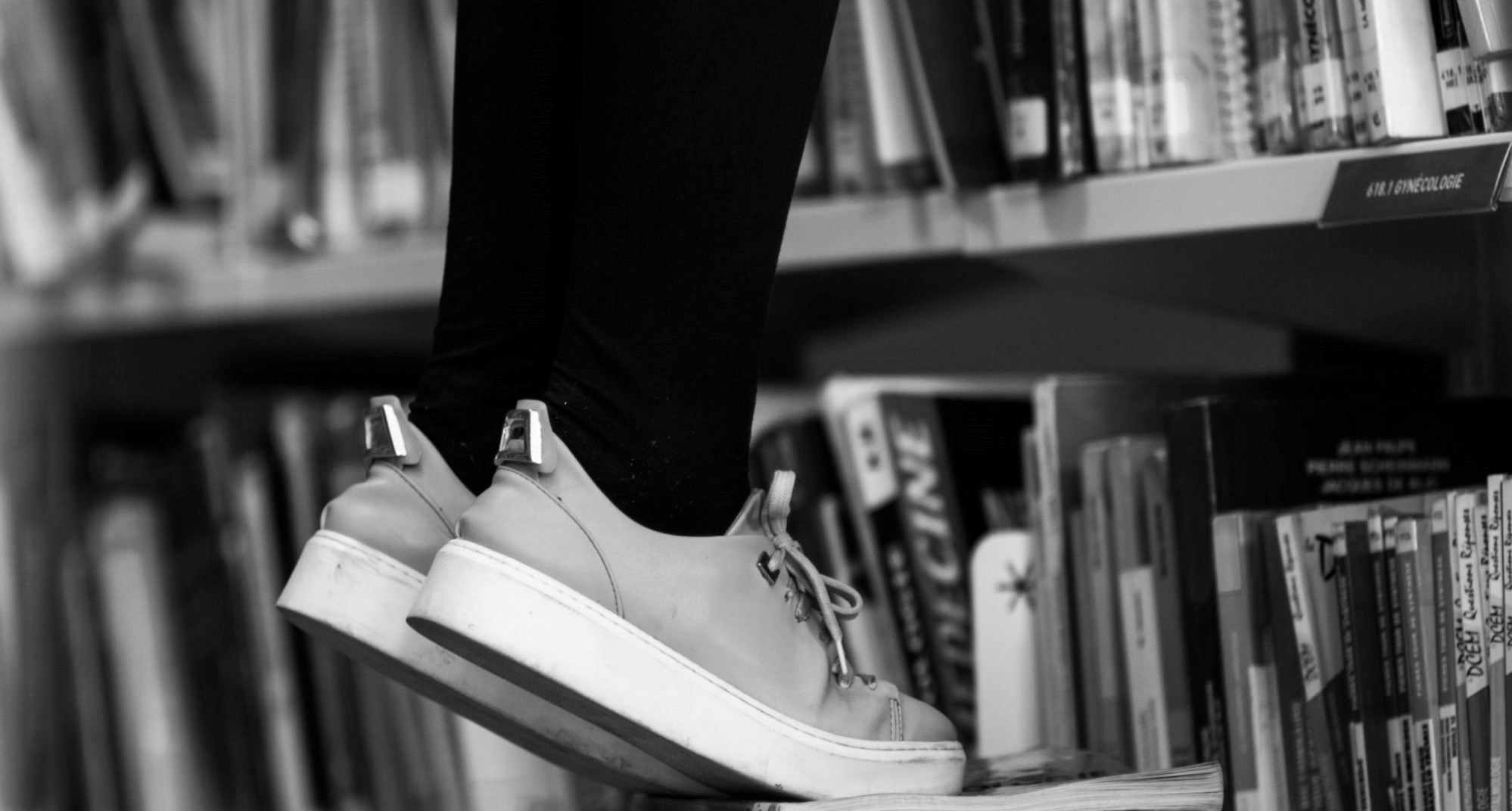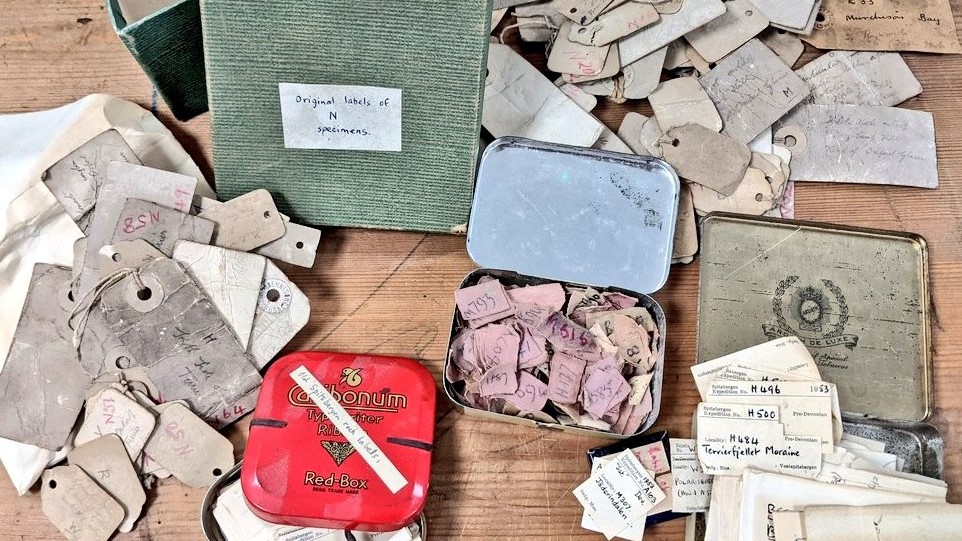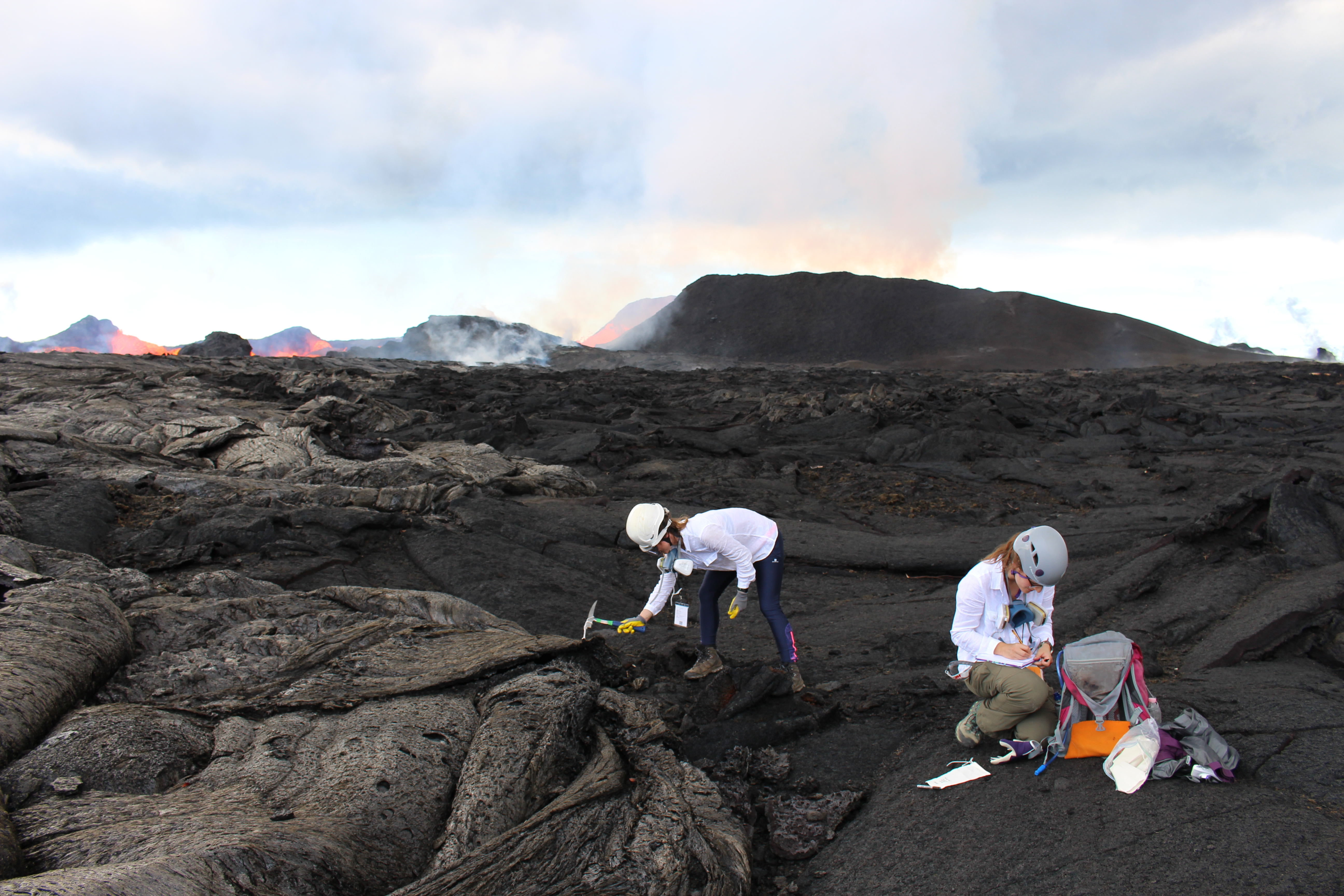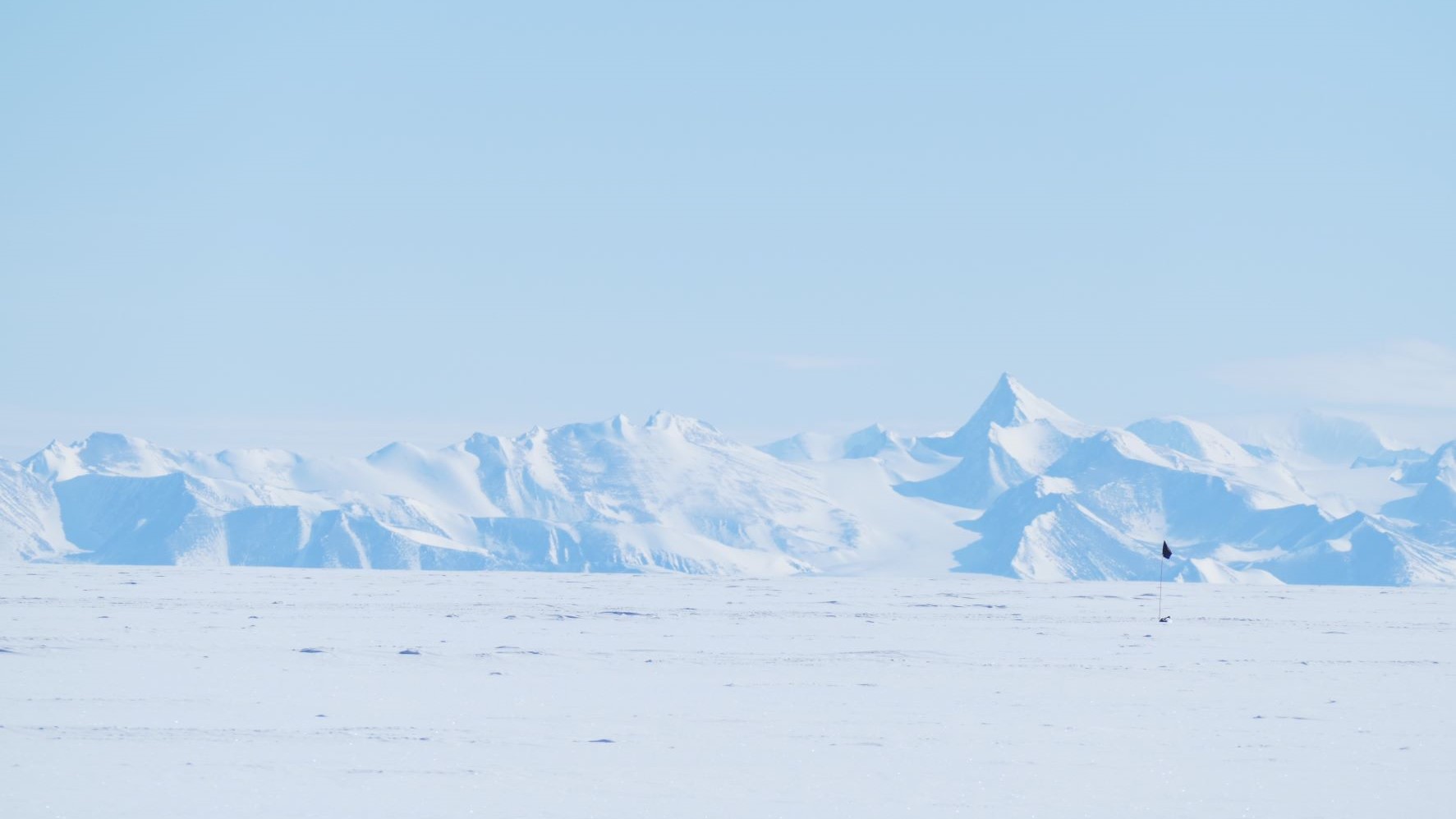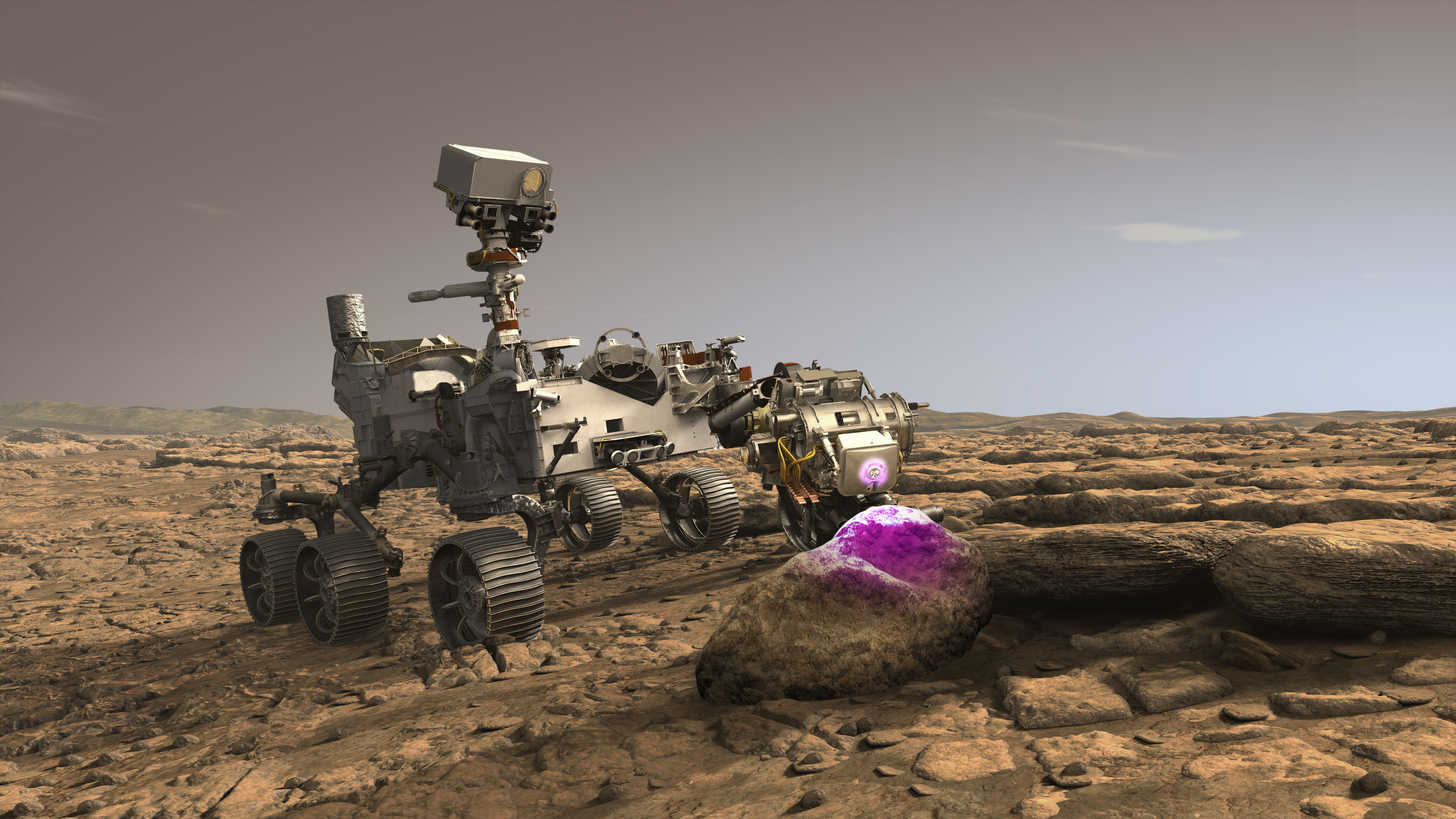Alasdair Knight, a second year PhD student in the Department of Earth Sciences, reports back from the 2022 Goldschmidt conference in the blog post below.
Alasdair can normally be found researching the chemical reactions that occur between greenhouse gases in Earth’s atmosphere and the rocks at Earth’s surface. These reactions are thought to have been important for keeping Earth within the correct temperature range for life to exist.
Continue reading “Cambridge at the Goldschmidt 2022 Conference”
